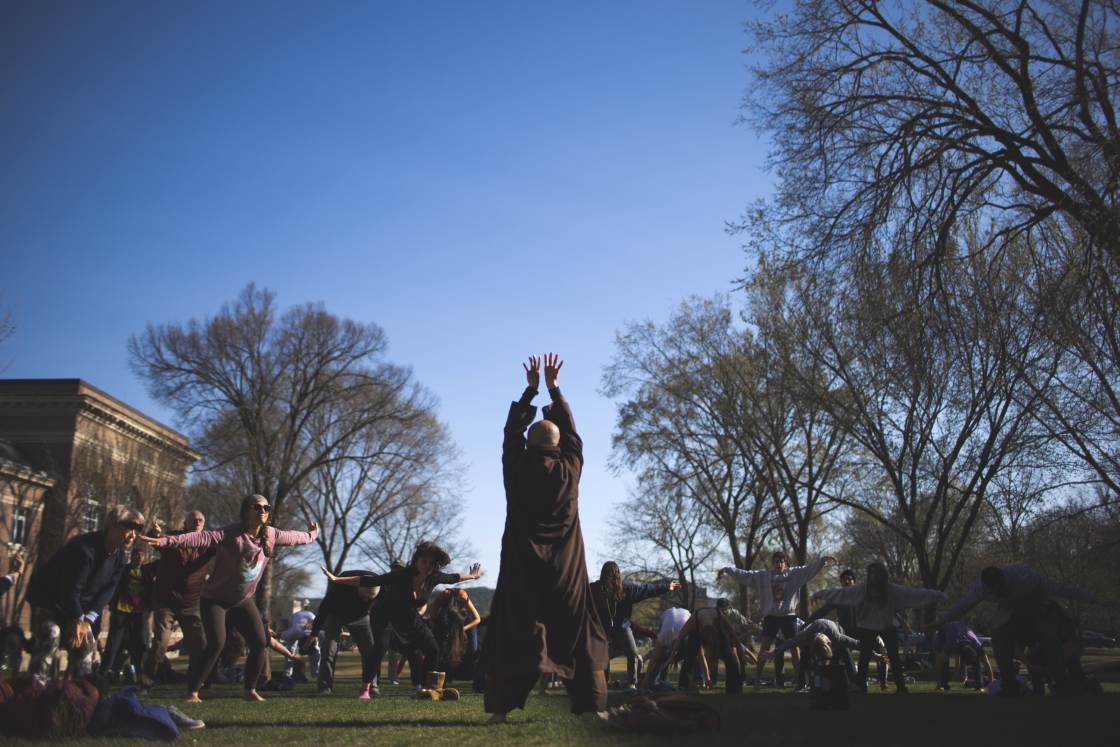A new working group will recommend ways to make members of the Dartmouth community more aware of the environmental impact of their food choices, President Phil Hanlon ’77 announced this week.
The formation of the group is part of the College’s sustainability plan, which was announced in April 2017. The initiative includes goals for reducing Dartmouth’s greenhouse gas emissions, transitioning to renewable heating sources, and calls for appointing a team of students, faculty, and staff to recommend ways to educate the community about the impact of their food choices.
“The Dartmouth community is committed to reducing our environmental impact across the board, and that includes understanding the impact of the food we eat,” says President Hanlon.
Rosi Kerr ’97, the director of sustainability, co-chaired the sustainability task force and will serve on the food working group. Other members are being invited to join the group this week.
The group will outline an educational campaign to inform community members about where their food comes from, and develop guidelines and metrics to help consumers make choices about what they eat. Kerr says a one-size-fits-all solution won’t work for a system as complex as food.
“The growing, processing, and eating of food is a huge human endeavor, and one of the biggest impacts we have on our environment,” she says. “The idea of the working group is to bring people together who have expertise in various areas of the food system and to start to develop some recommendations about how we can educate people about how their different food choices might affect the sustainability of the food system.”
The working group will seek input from the broader Dartmouth community through public forums and focus groups. “We want to specifically bring in voices that might not otherwise get heard,” says Kerr.
The group will aim to present their recommendations next summer, and President Hanlon will announce a food sustainability plan in September 2018.


